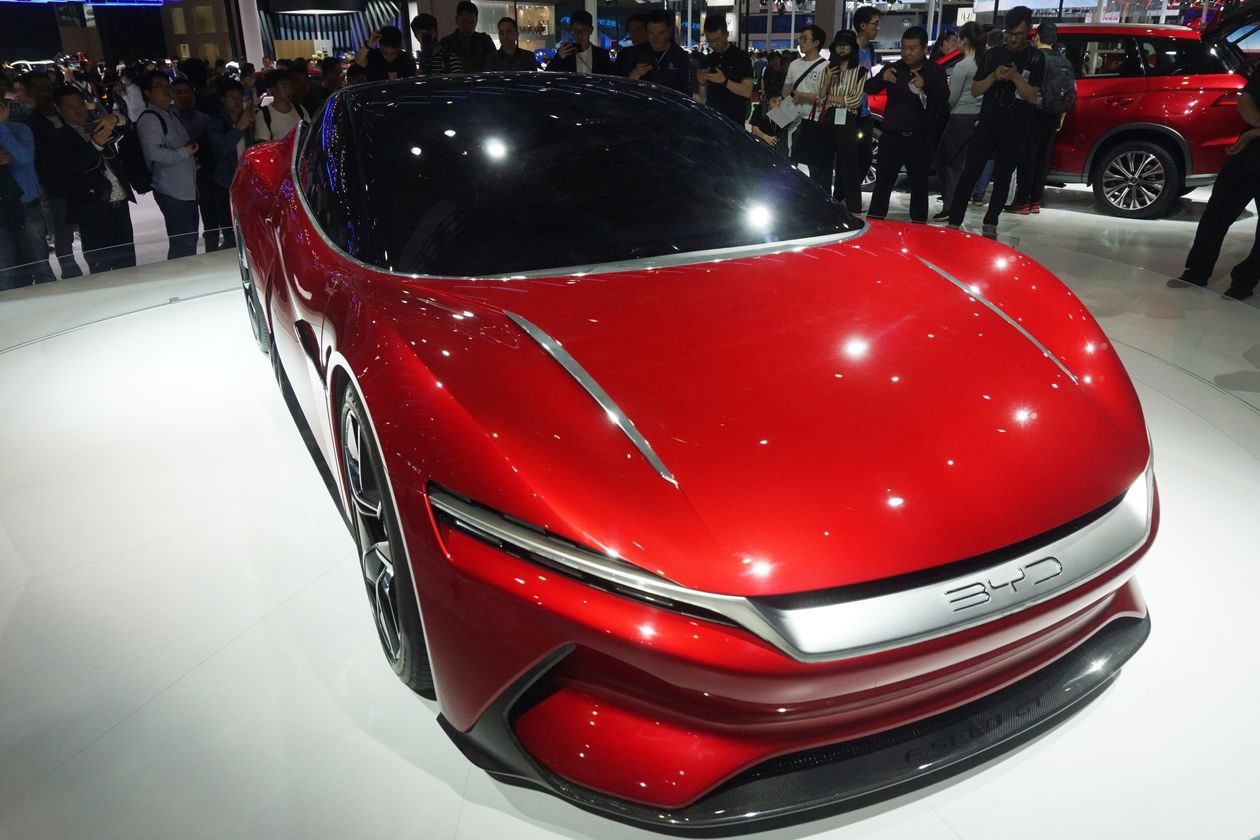Read The Full Article On: Wsj
China’s electric-vehicle market is entering a new phase. The country’s largest EV maker— Warren Buffett -backed BYD Co. 1211 -6.60% —showcases the challenges.
BYD reported Wednesday an 87% jump in net profit for the quarter through June, compared with the year-earlier period, while forecasting a 70% to 90% year-over-year drop for the current quarter. Its Hong Kong-listed stock fell 6.6% Thursday. Mr. Buffett’s Berkshire Hathaway owns a roughly 8% stake in the company.
The reason for such a big contrast between the two quarters is simple: China cut its EV subsidies in late June by at least 65%, so customers rushed to buy cars ahead of the deadline. Overall sales in China of new-energy cars, including plug-in hybrids, dropped 4.7% from a year earlier in July, the first decline in more than two years.
The hangover in the world’s biggest EV market could last a while. Margins at China’s EV makers will likely be squeezed as they have to cut prices to attract buyers without the subsidies. The number of BYD EVs sitting on dealer lots doubled in the first half to nearly four times its July sales, according to Jefferies.
Instead of relying on subsidies, which are expected to disappear completely by next year, Beijing hopes to encourage auto makers to produce more and better EVs with a so-called dual-credit system akin to carbon-credit trading. Credits are allocated based on factors such as vehicle range on a single charge or energy efficiency. Auto makers will have to have to buy credits from others or face penalties if they don’t make enough new-energy cars to satisfy the government’s requirements. The change aligns China with the European Union’s subsidy-light approach to decarbonizing its auto industry.
Auto makers will likely opt to produce more EVs even if they are sold at a loss. Many foreign brands’ joint ventures in China are launching new models this year, including Mercedes EQC, Toyota C-HR and Volkswagen Tiguan L. This will be bad news for domestic car makers, particularly the hundreds of EV startups that popped up to take advantage of China’s subsidies. Many of them aren’t profitable even now, and will soon face stiffer competition from established foreign rivals.
BYD is in a stronger position than most Chinese EV makers. It is already profitable, and as the market leader, it will get the most credits under the new system. Moreover, unlike other EV producers, BYD also makes batteries—roughly a third of which it sells to other manufacturers. Since the industry will likely keep churning out EVs, battery demand is set to remain strong.
Still, it is hard to be optimistic about the net effect of all this upheaval on BYD’s profits. Its credits may not be valuable given a potential oversupply as many conventional auto makers are making EVs. Pure-play Chinese battery makers including Contemporary Amperex Technology are likely to benefit most from the launch of new EVs in China by prestigious foreign brands. South Korean battery makers like Samsung SDI and LG Chem ,which were previously shut out of the Chinese market, may also start to get more orders.
There won’t be room for everyone on China’s new EV highway. BYD should survive the industry shakeout, but it may not thrive.

